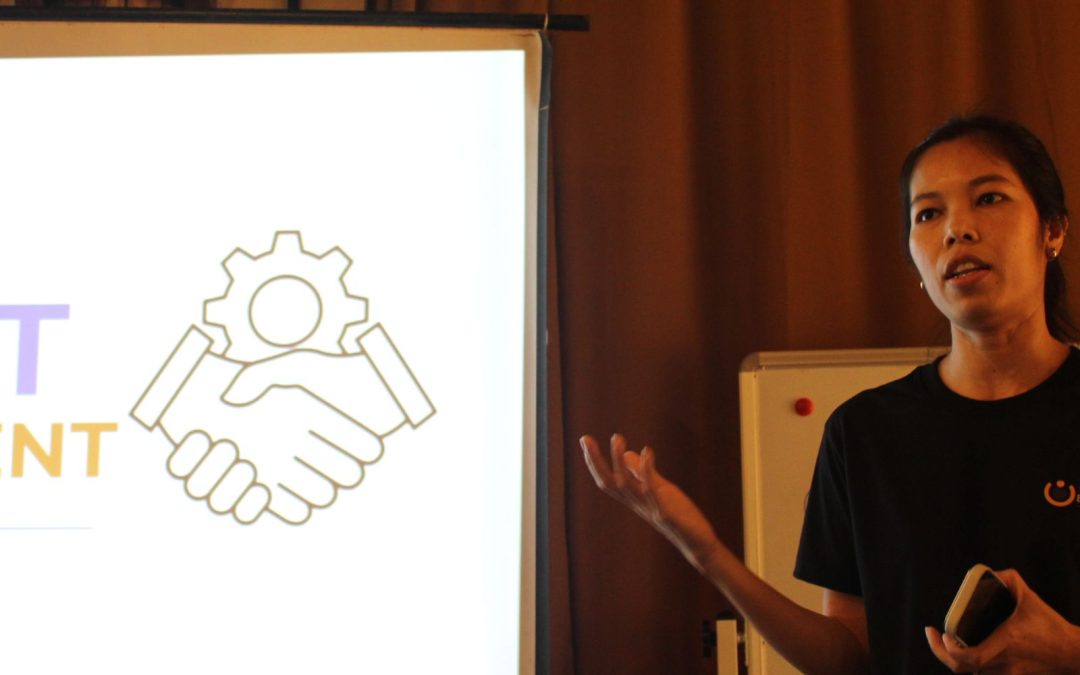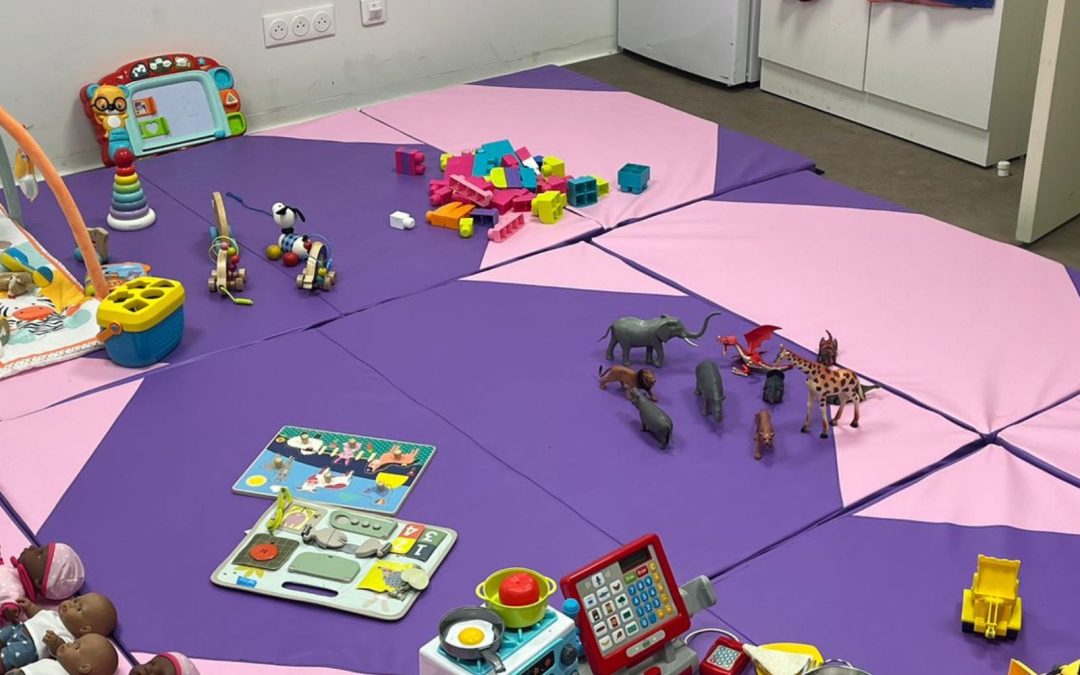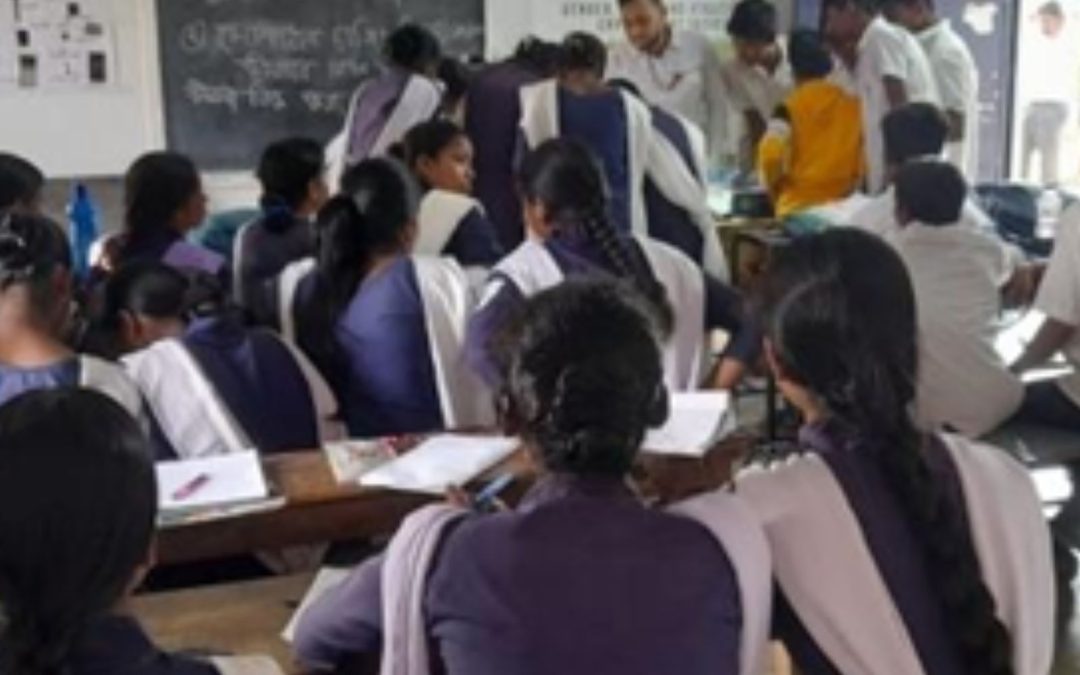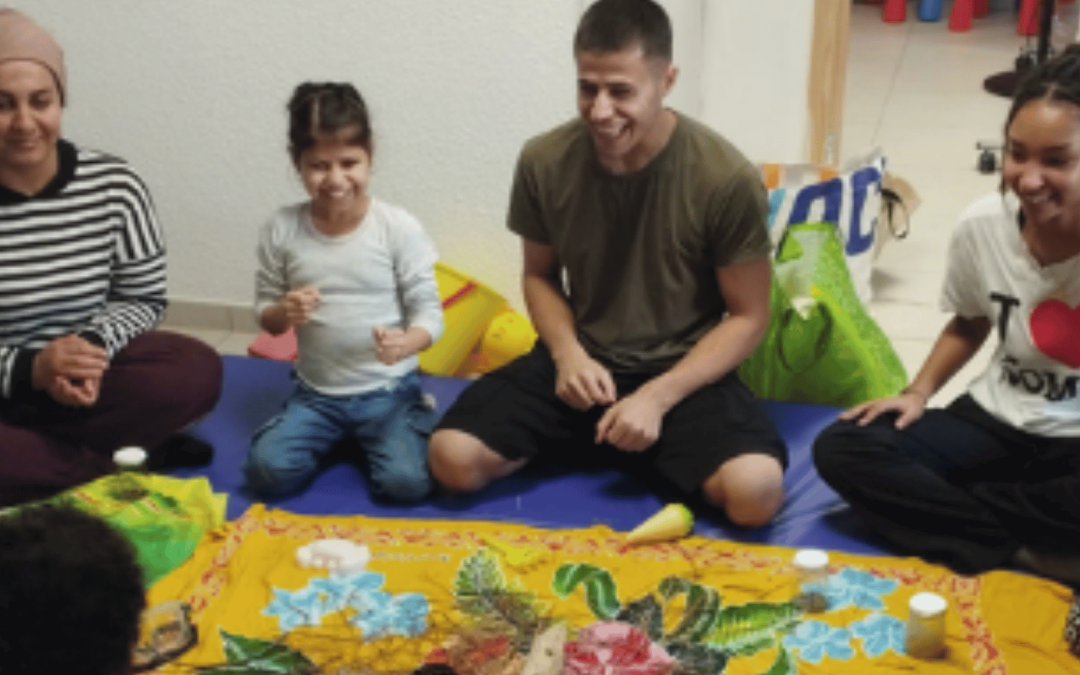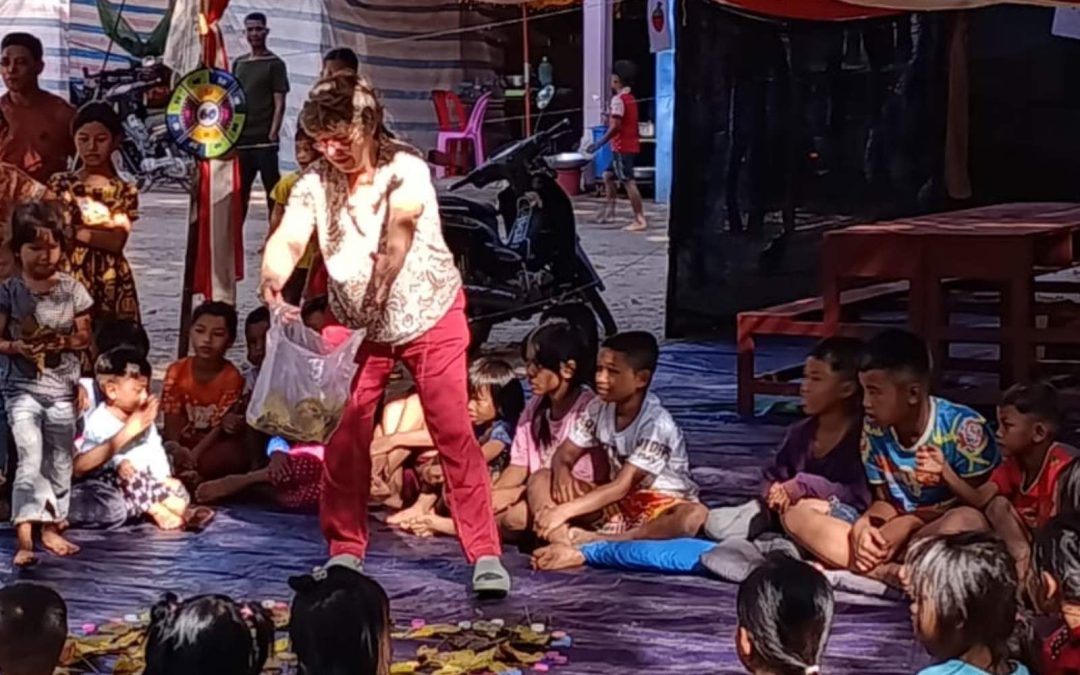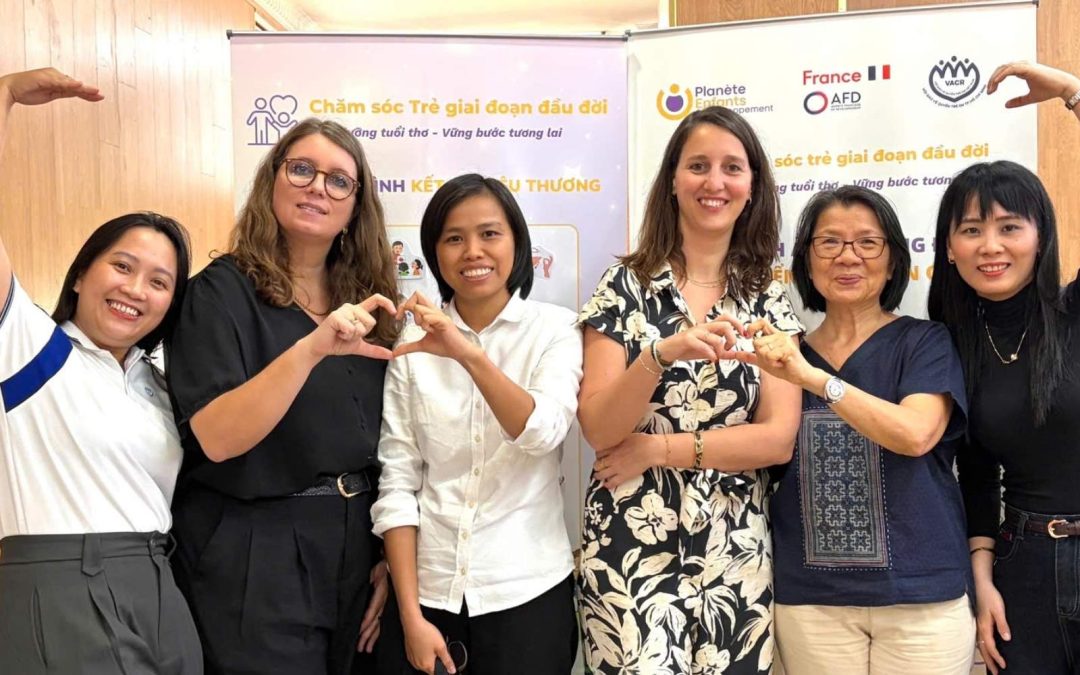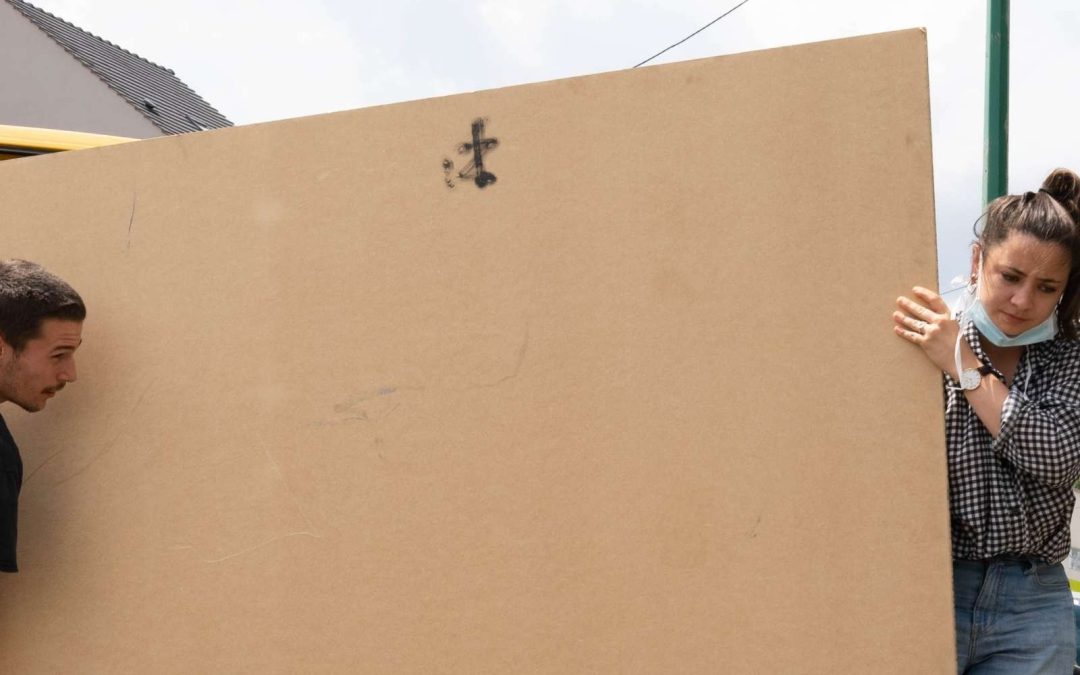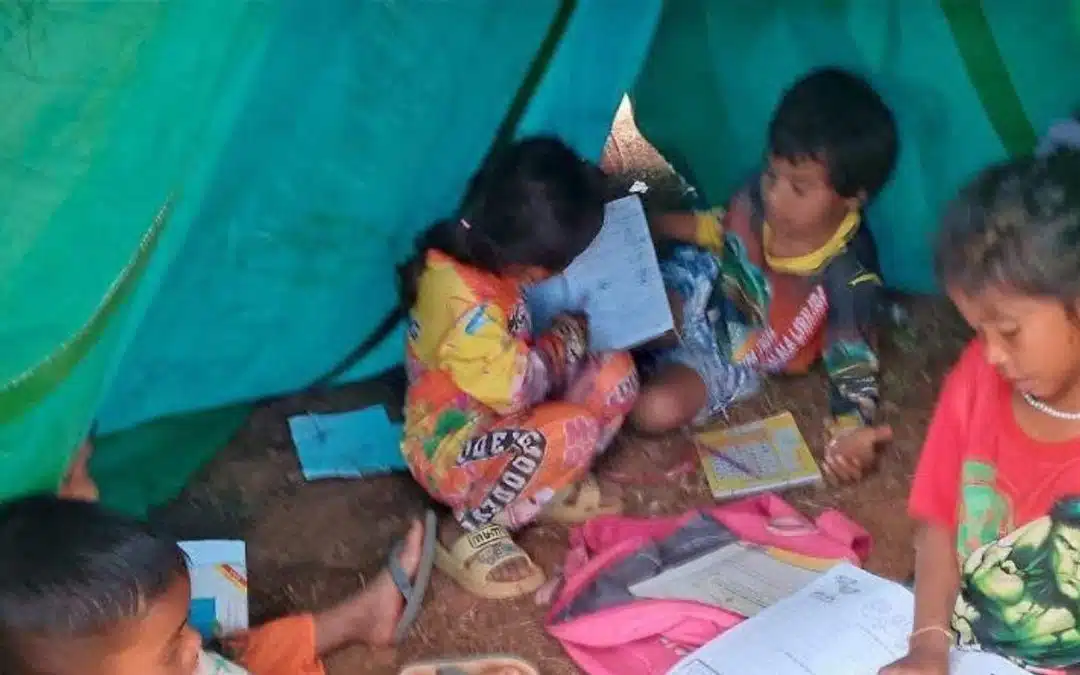
Julia Levivier, Vietnam Director of Planète Enfants & Développement, tells us about the first steps of the project to support and reintegrate child victims or children at risk of being trafficked in the country.
This project has been in the works for a few months. Can you tell us where we are at ?
The preparation of a project is quite long in Vietnam. Before we can start the activities, as an NGO, we have to submit the project to the Vietnamese authorities for approval. In this case, the approval process took 5 months. But we got the green light, the teams are already mobilized on the field!
One of the first activities: conducting field surveys. Why do you want to do this?
Between the time when we set up the project, when we look for funding, and the time when it starts, local realities become more refined. It is important to carry out surveys among the populations to better understand the needs and profiles of the beneficiaries, and thus to adapt the project activities.
For the support of trafficked children, we are currently conducting two field studies with families and children.
Who exactly are these surveys for and who conducts them?
Our social workers, along with those of our partner CSWC, are conducting face-to-face interviews with parents and children.
The first study is conducted with 175 mothers and fathers of migrant families in Phan Tiet, a coastal city in southern Vietnam. Easy prey for exploitation networks, the idea is to evaluate their level of knowledge about child trafficking.
The second study directly addresses children in charity schools in Phan Tiet and Ho Chi Minh City (HCMC). We have already interviewed 109 children and will be meeting with another 170 children alongside the Center for Social Work for Children in HCMC in the coming weeks.
The first analyses of the questionnaires will start next week. The results of these two studies will allow us to better understand the experiences of trafficking and exploitation of children, to improve the protection, identification and support of victims.
And after these studies?
By the end of 2022, we plan to train our local partners' teams, develop and disseminate tools to raise awareness among families about the risks of exploitation and trafficking, and begin supporting child victims.

